It’s time for our Holiday Gift Guide, where we suggest ideas for presents for the space fans in your life! What books are we reading? What games are we playing and what telescopes are we admiring?


It’s time for our Holiday Gift Guide, where we suggest ideas for presents for the space fans in your life! What books are we reading? What games are we playing and what telescopes are we admiring?
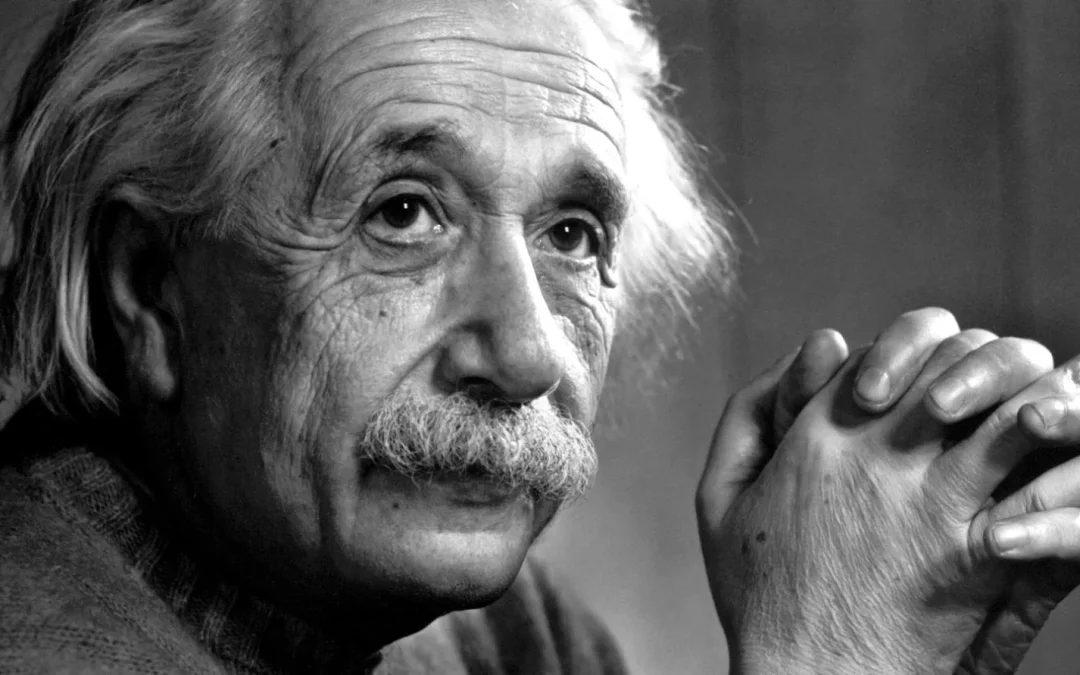
Last week we talked about the Einstein probe. So this week it is only natural that we talk about the man himself, Albert Einstein. He revolutionized the field of physics, played a vital role in the early 20th century and struggled to unite the forces of the Universe...
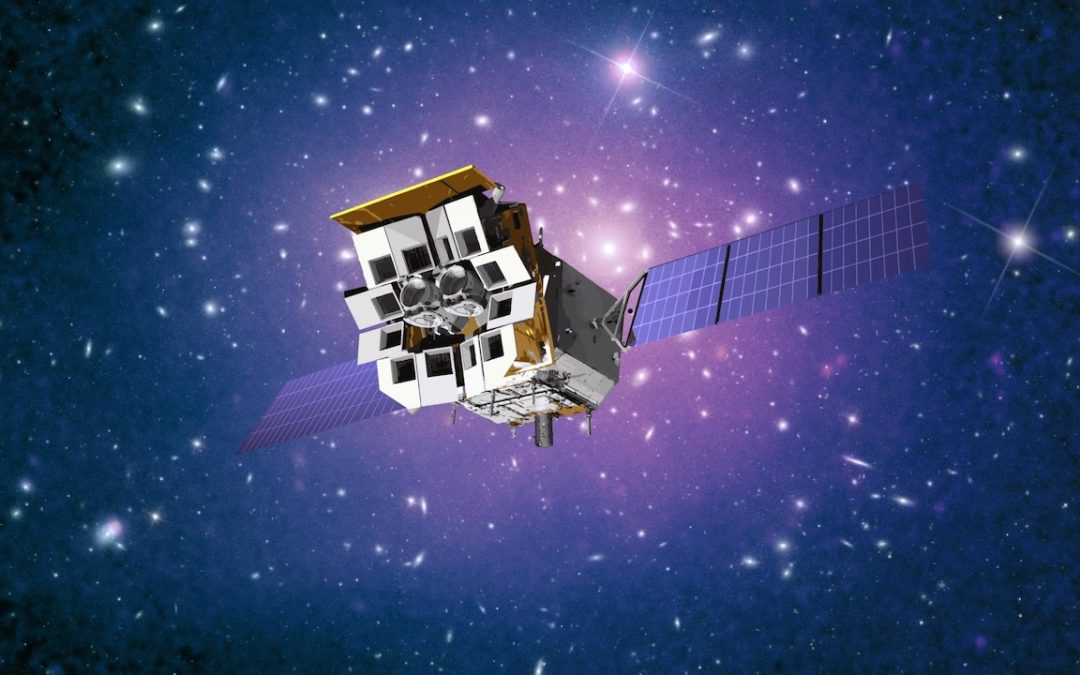
Another day, another space telescope! Today we’re looking at the newly launched Einstein Probe
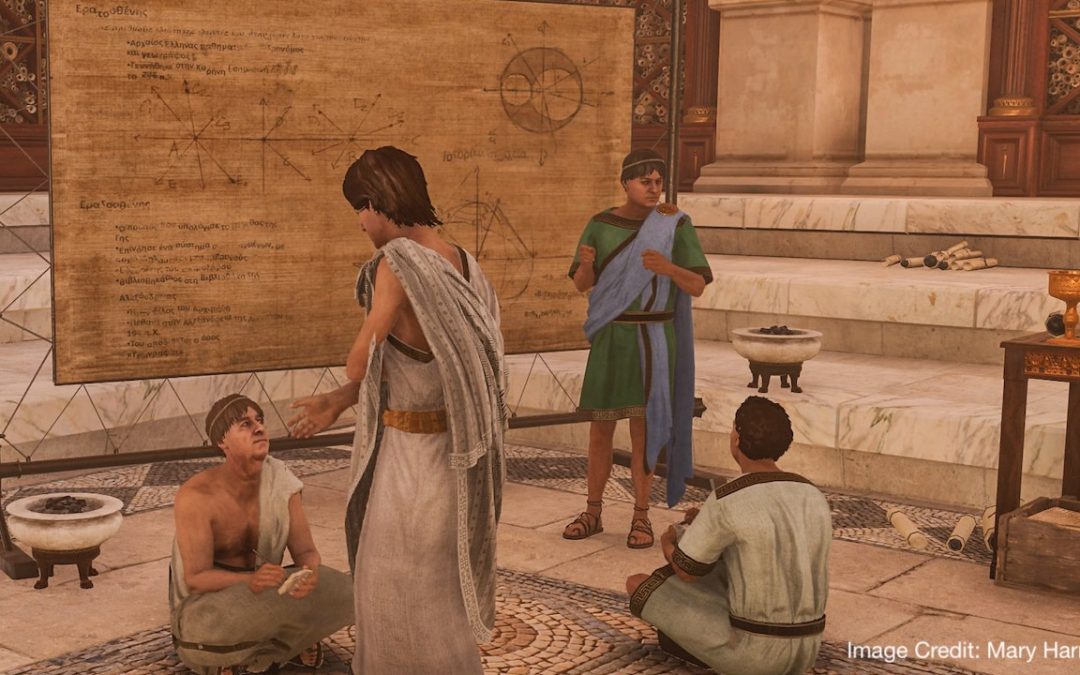
Let’s look at the Euclid of Alexandria, the father of geometry and his contributions in celestial mechanics and orbital calculations.
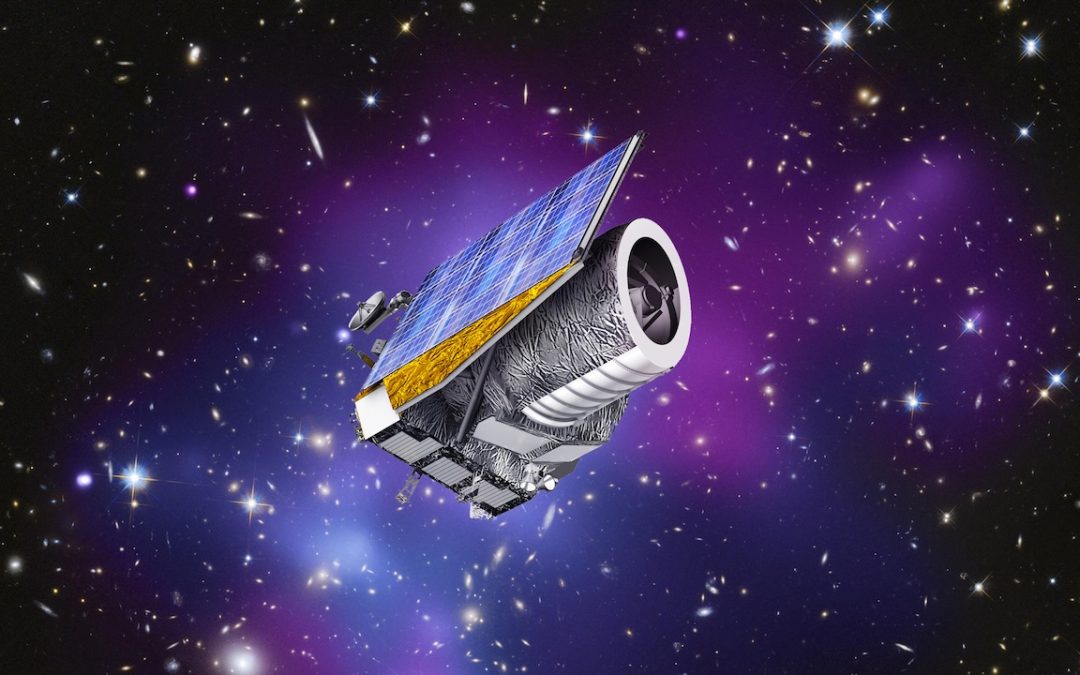
Let’s look at the Euclid Space Telescope..
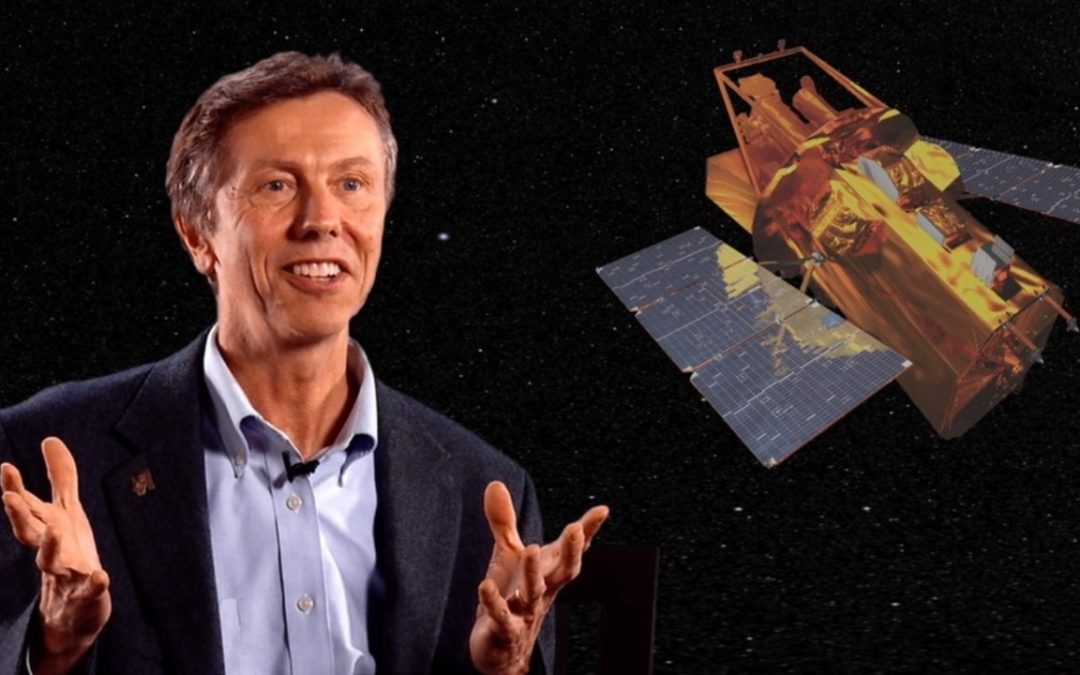
Last week we talked about the Neil Gerhels Swift Telescope, this week we’ll be talking about the man behind the mission.
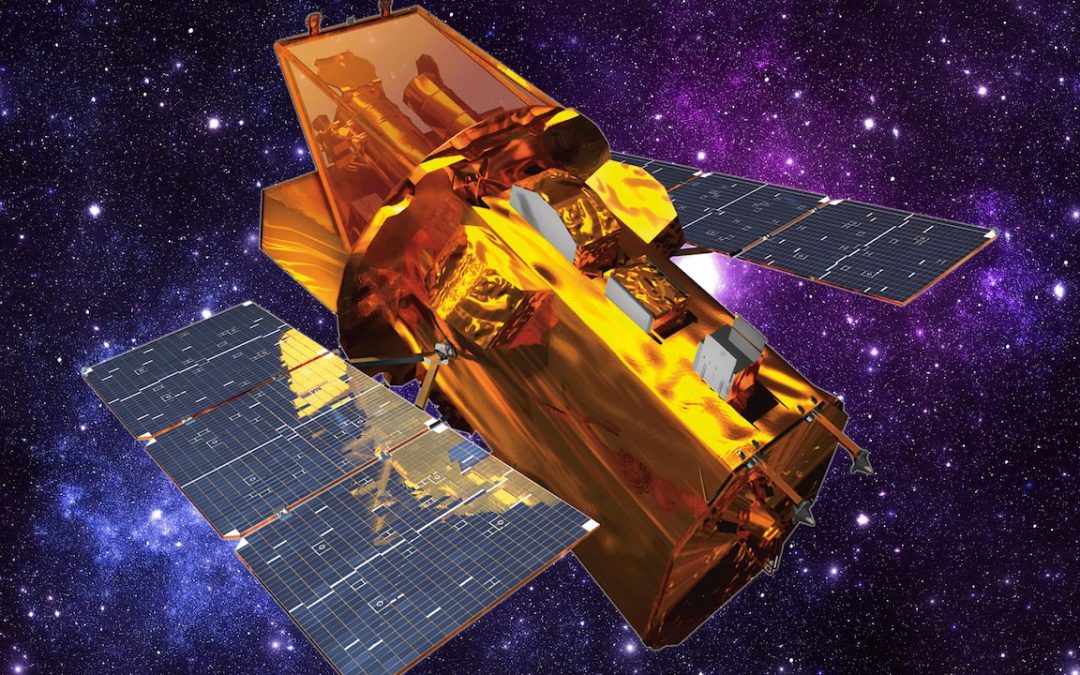
Let’s look over the long life of the Neil Gehrels Swift Telescope as it watches for the multi-spectral flashes of high energy explosions.
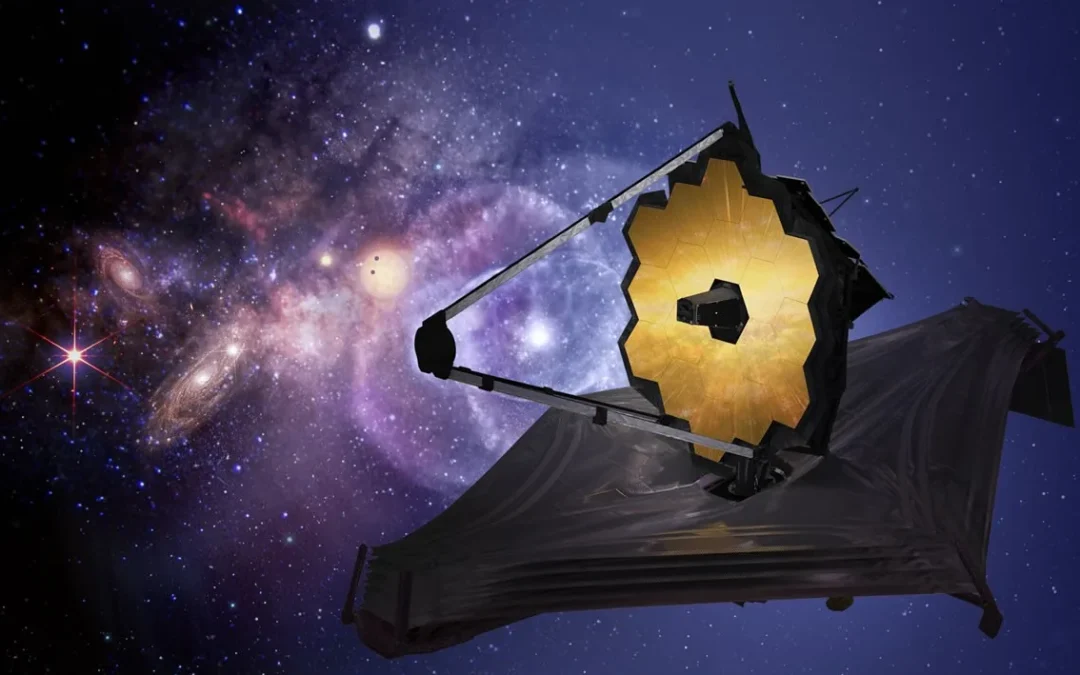
Let’s talk about that giant telescope that’s changing everything. We have been waiting our entire careers to make this episode on the James Webb Space Telescope, AKA the JWST.
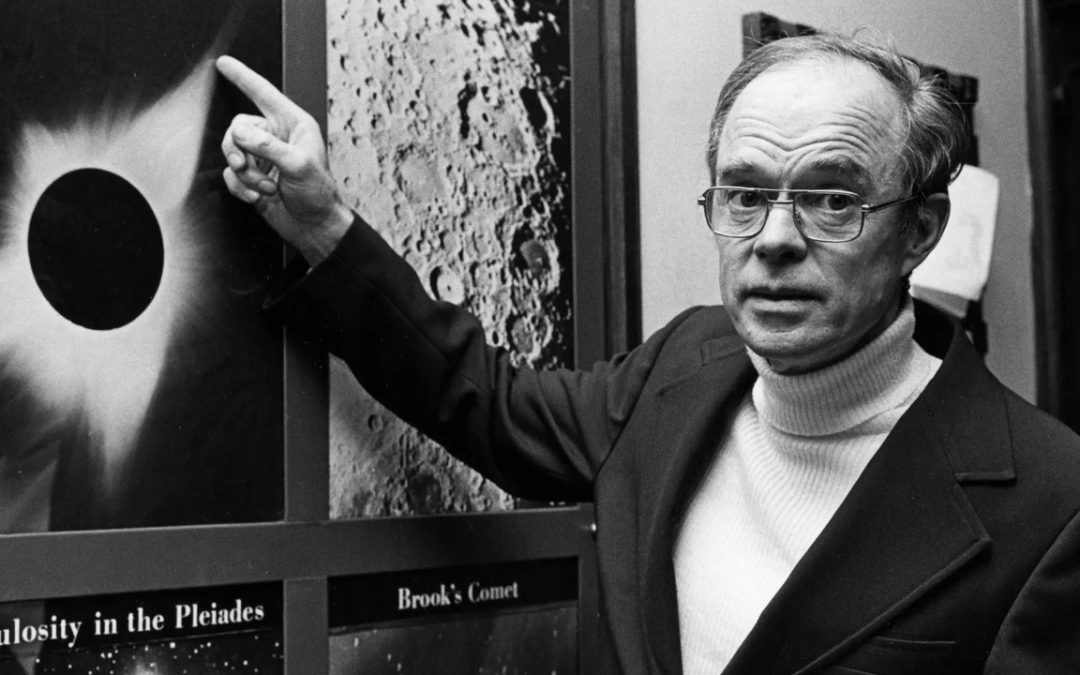
In our last episode, we talked about the Parker Solar Probe. Today, we talk about the person who inspired the mission
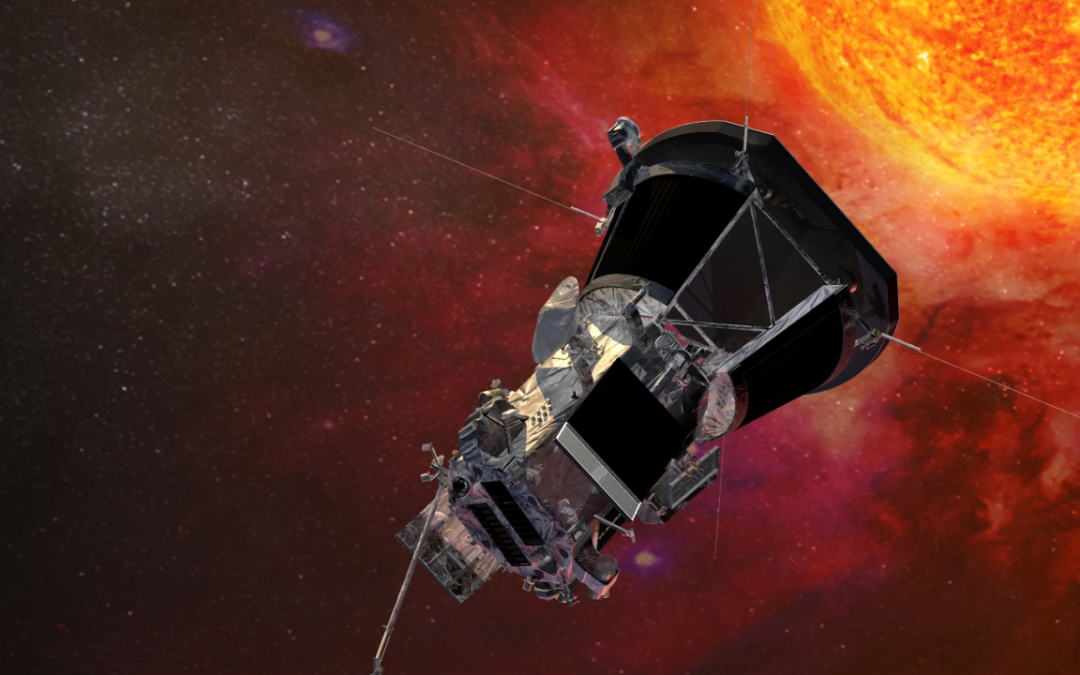
The Sun. It’s that ongoing thermonuclear explosion that’s happening right over there. Although the Sun is necessary for life on Earth, we still have questions. So NASA has sent the Parker Solar Probe to visit the Sun, up close to get some questions answered. Show...

We’re back from our summer hiatus. Before we left, we gave you a bunch of stories we thought might be important. Now let’s look back and see how our predictions went. And what surprises did happen? Show Notes Evidence of vulcanism on the Moon China's Chang'e 6 mission...
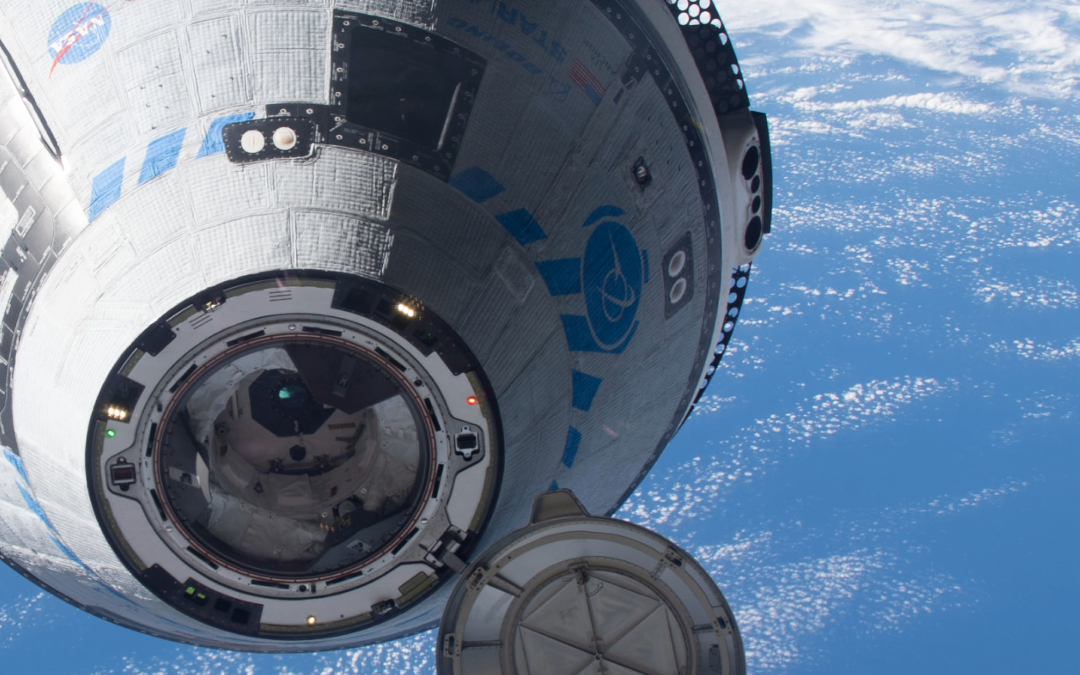
Starliner S2.1 docking on May 20, 2022 (NASA) Prior to recording their exoplanets episode, Fraser and Pamela discussed their wild week of space flight news and discussed their concerns about the Starliner and StarShip programs. This is particularly timely as we...

In this bonus episode, we bring you behind the scenes audio from our June 10 pre-show discussion about the “far too much news” that occurred the week of June 3, 2024. Check out the original recording on YouTube here. This episode was sponsored by Mint Mobile.
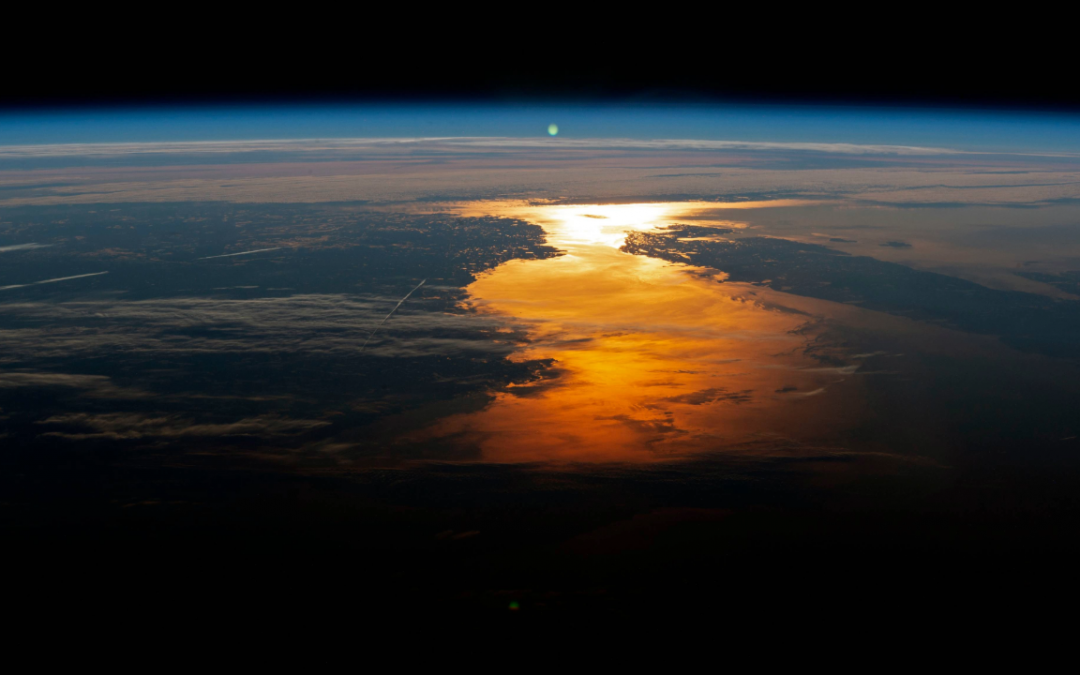
Normally, Pamela refuses to think about the future. But today, on our final episode before hiatus, she’s throwing out those rules. Here’s what we’re excited about for the future, especially in the next couple of months until we return in September Recorded: 10 June...

It’s almost time for our summer hiatus. A time to catch up on all that reading. We’ll give you some book recommendations, and what we’re hoping to read during the summer. https://www.youtube.com/live/LFCW2nCw2-w?feature=shared Show Notes The following books were...
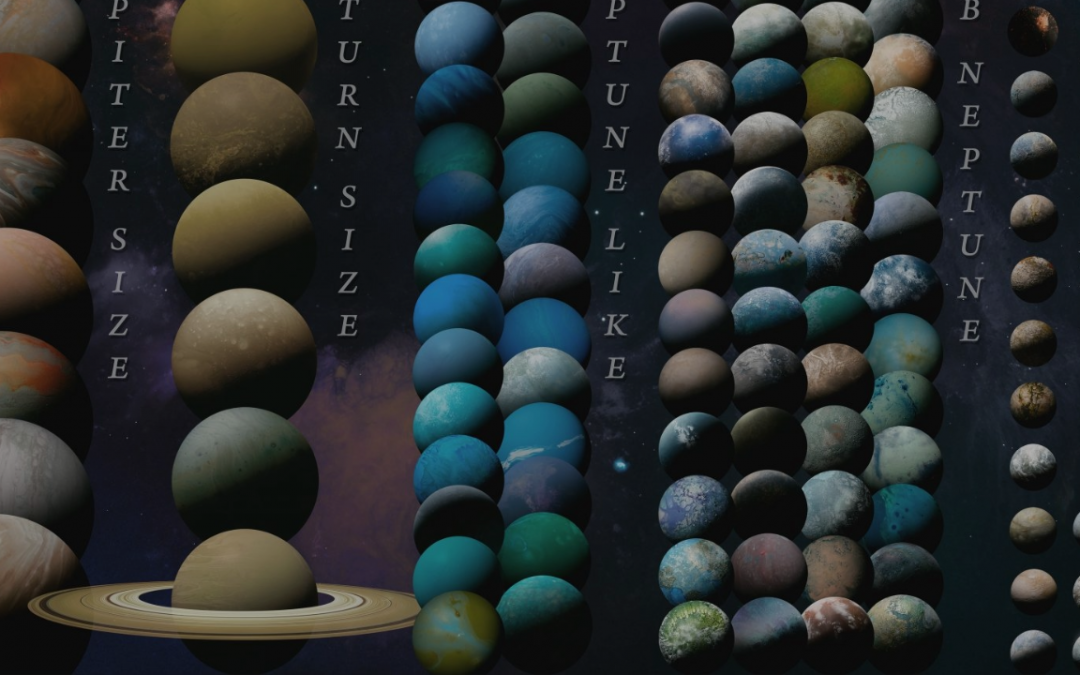
Astronomers have discovered thousands of exoplanets, revealing entirely new types of worlds that we don’t have in the Solar System. It is enough to start getting a rough sense of what kinds of planets are out there. What’s the big picture? Show Notes Our World in Data...
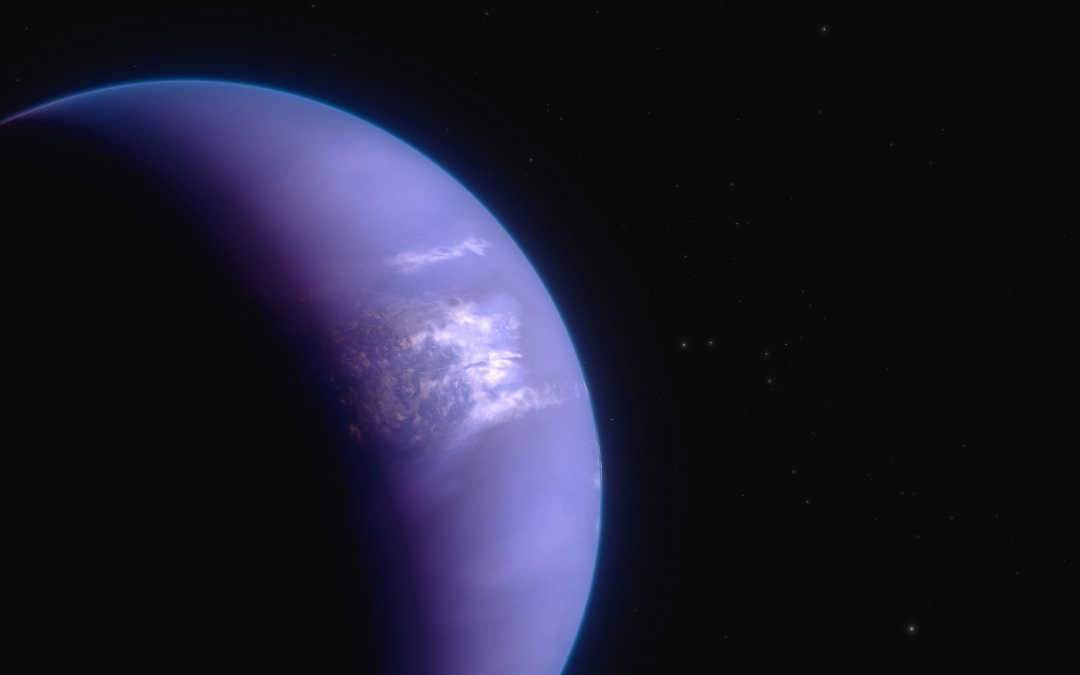
Here’s a familiar question: how’s the weather? We’re familiar with the weather on Earth and telescopes and missions are watching the weather on other planets in the Solar System. But for the first time in history, astronomers can now answer that question for...
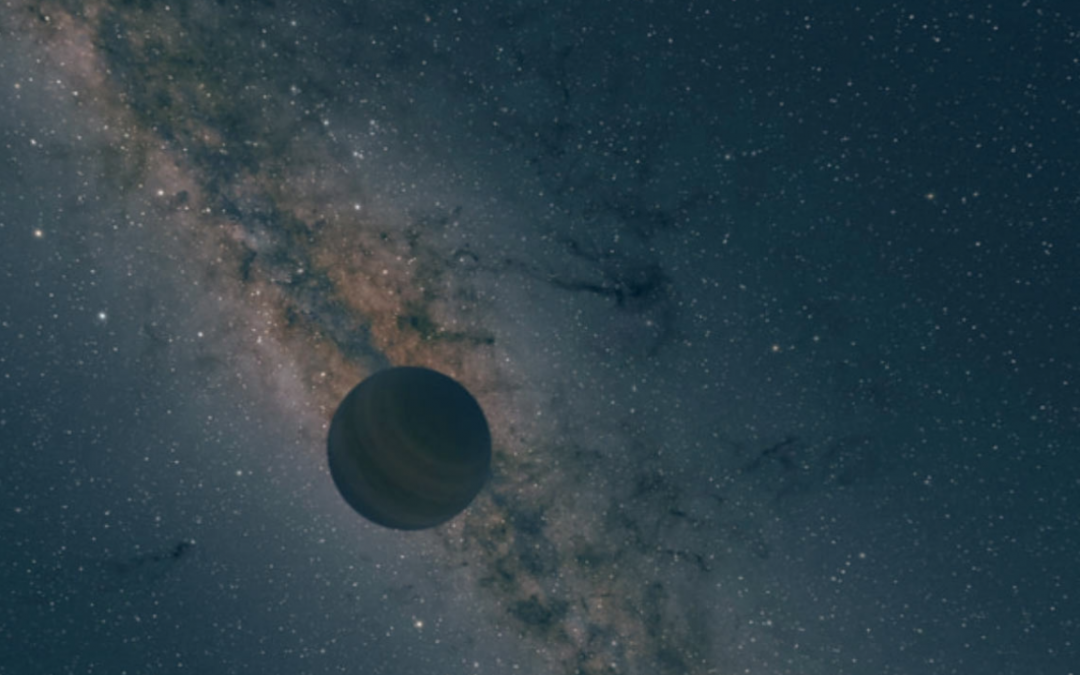
Most of the exoplanets we’ve found are around stars, where they belong. But a few have been found free-floating in interstellar space. The evidence is growing that there are a lot of them out there, maybe even more than planets with stars. How do they form and how can...
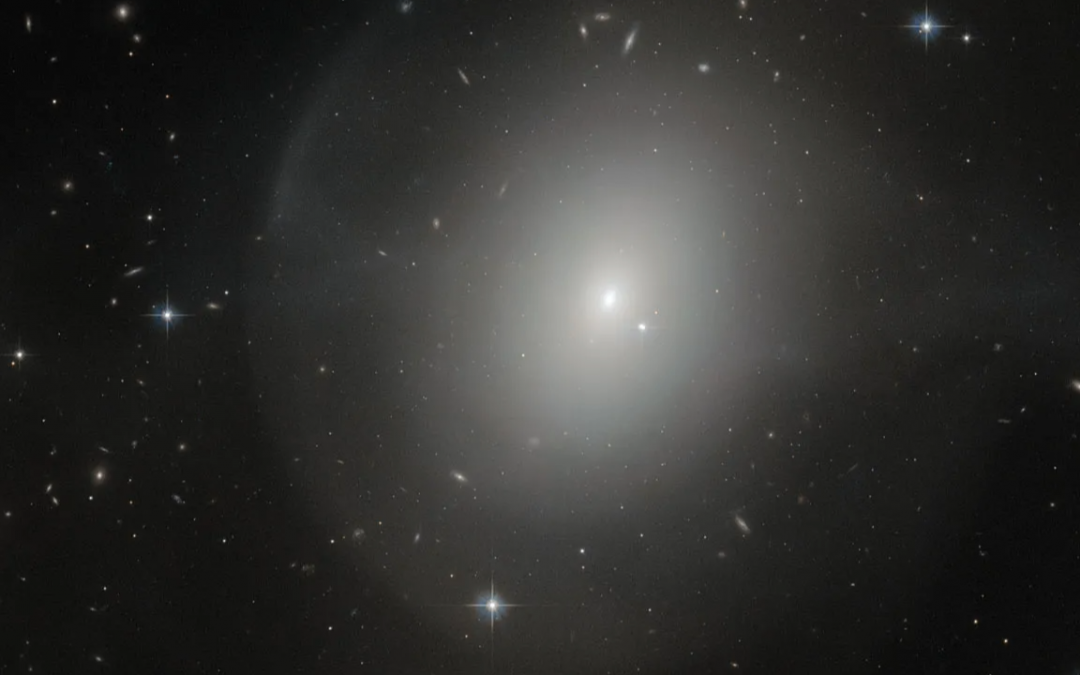
Our galaxy series continues with elliptical galaxies. Unlike other types, these are large, smooth with very few distinguishing features. They’re filled with red and dead stars, a clue to their evolution. Listen Show Notes This episode discusses Elliptical Galaxies,...
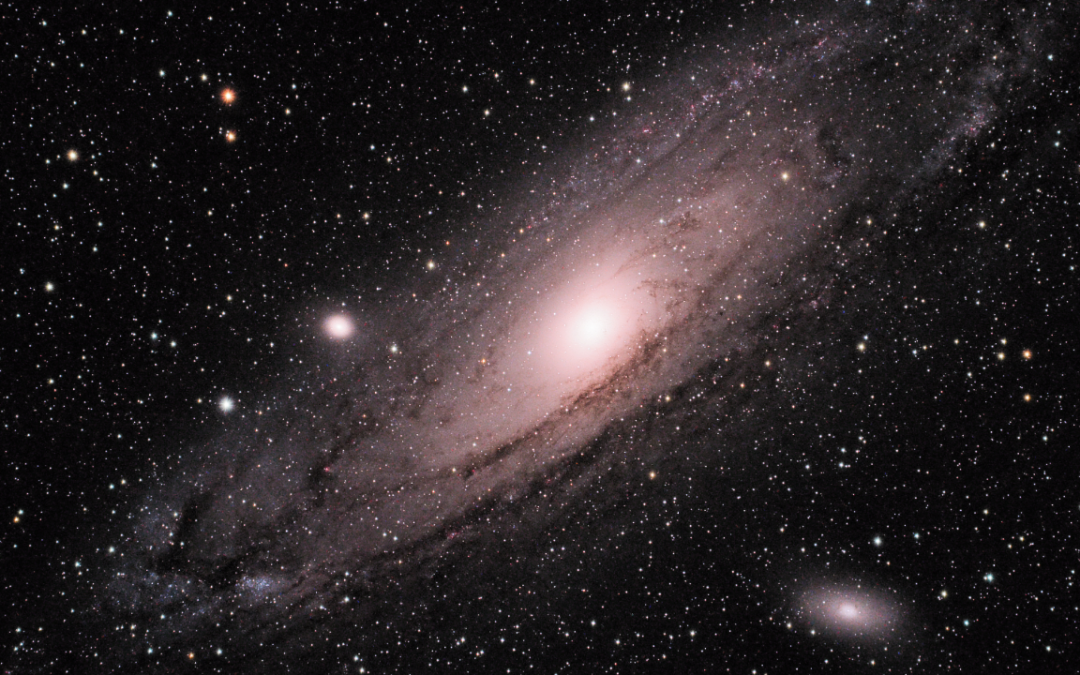
Our galaxy series continues, on to spiral galaxies. In fact, you’re living in one right now, but telescopes show us the various shapes and sizes these galaxies come in. Thanks to JWST, we’re learning how these spirals got big, early on in the Universe....

It’s time to begin a new mini-series, where we’ll look at different classes of galaxies. Today, we’ll start with the dwarf galaxies, which flock around larger galaxies like the Milky Way. Are they the building blocks for modern structures?
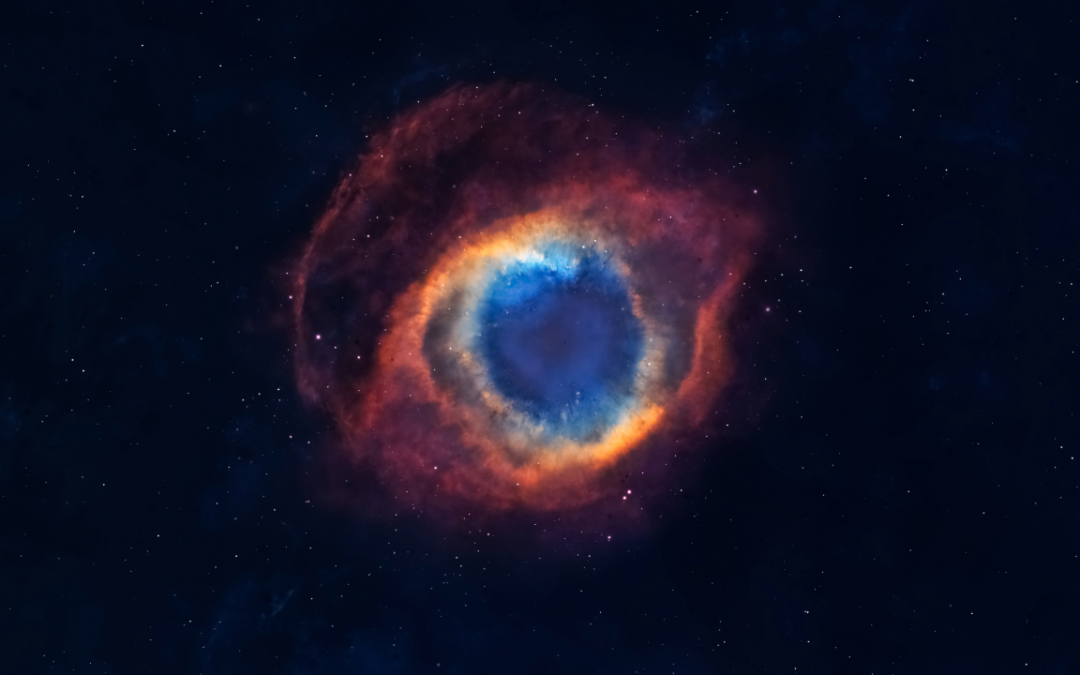
How old is that star? That planet? That nebula? Figuring out the ages of astronomical objects is surprisingly challenging. Fortunately, astronomers have developed a series of techniques they can use to work out the ages of stuff.
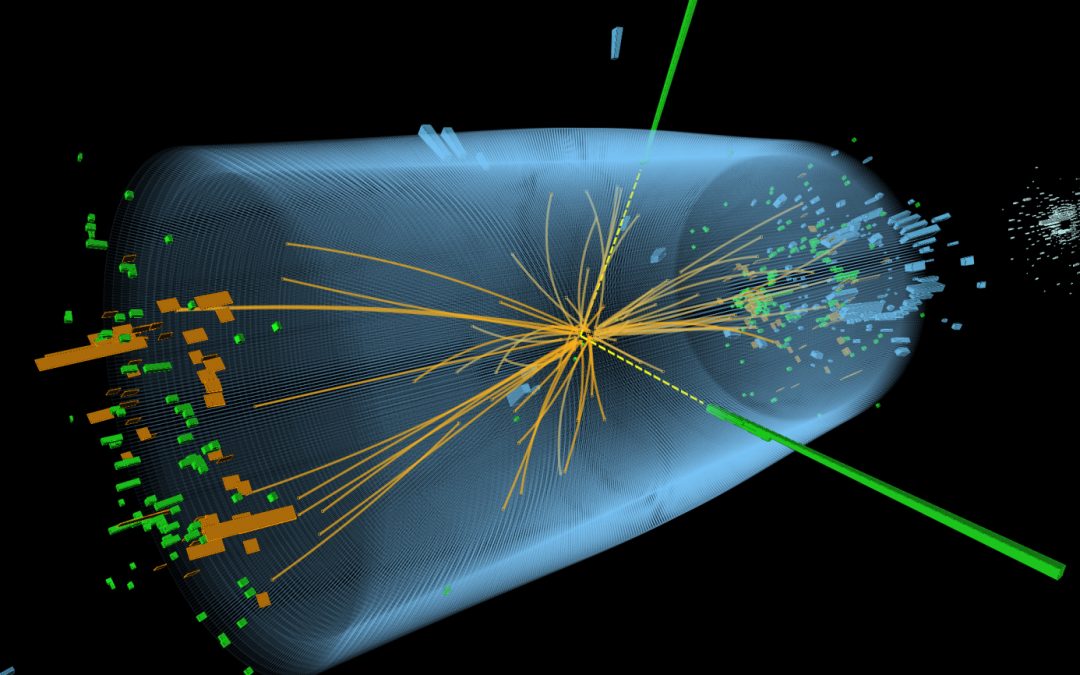
Last week, we learned about the death of Peter Higgs, a physicist and discoverer of the particle that bears his name. The Large Hadron Collider was built to find and describe the particle. Today, we’ll look back at the life of Peter Higgs and his particle.
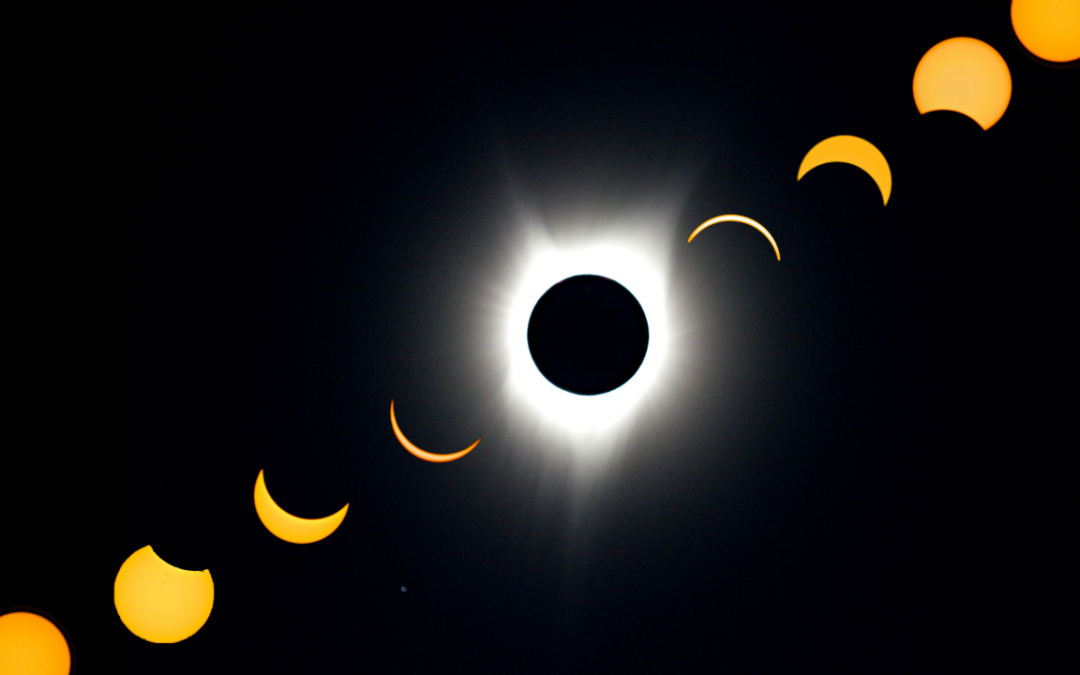
The next great eclipse is upon us, with viewers across North America witnessing the moon passing in front of the Sun. It’s an amazing experience, but also an opportunity to do science. Let’s talk about what we can learn from this momentous event.
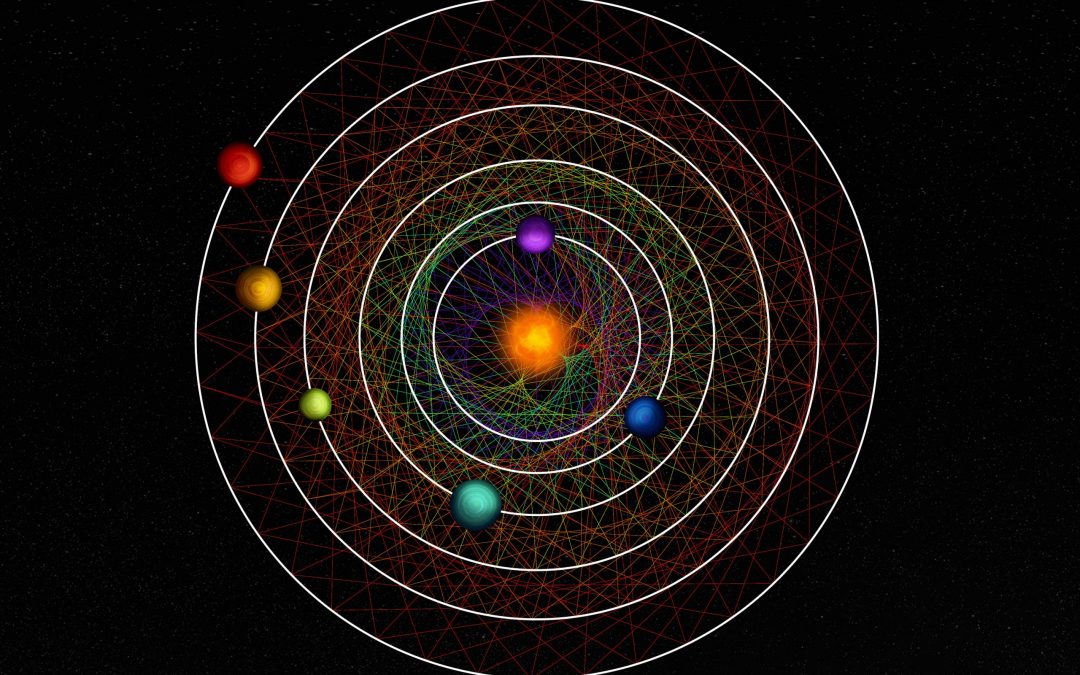
Several of the planets and moons in the Solar System are in orbital resonance, orbiting in a geometric lockstep. And not just the Solar System, astronomers have found the same resonances in other star systems.